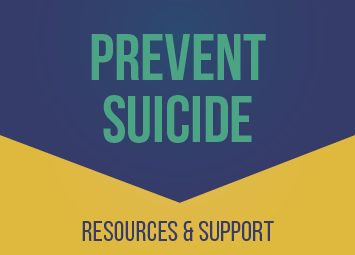Sexual Assault - Definitions & Helpful Information
Rape: Forced sexual intercourse against a person's will by someone you know or by a stranger.
Legal Definition of Rape in the State of North Carolina
First-Degree Rape (class B1 Felony)
A person is guilty of rape in the first degree if the person engages in vaginal penetration:
- with a victim who is a child under the age of thirteen years and the defendant is at least twelve years old and is at least four years older than the victim; or
- with another person by force and against the will of the other person; and
- employs or displays a dangerous or deadly weapon or an article which the other person reasonably believes to be a dangerous or deadly weapon; or
- inflicts serious personal injury upon the victim or another person, or
- the person commits the offense aided and abetted by one or more other persons.
Second-Degree Rape (class C Felony)
A person is guilty of rape in the second degree if the person engages in vaginal penetration:
- by force and against the will of the other person; or
- who is mentally defective, mentally incapacitated, or physically helpless, and the person performing the act knows or should reasonably know the other person is of this nature.
What Men and Women Need to Know:
For either partner:
- Think about what you really want from or with that partner.
- Be aware of stereotypes which prevent you from acting as you want to (such as a woman not being able to initiate, or a man not being able to say "no").
- Limit your alcohol and drug consumption. Most acquaintance rapes happen when one or both partners are intoxicated or high.
- Communicate what you really want or don't want.
- Say what you really are thinking.
- Set clear limits for acceptable behavior.
- Believe and act as if your needs are important, without exploiting others.
- Do not allow yourself to be put in vulnerable situations.
- Pay attention to non-verbal cues.
- Listen to what your partner is really saying, and pay attention to the words.
- View each other as equals.
- Know your rights.
- Know which behaviors constitute rape.
- Use peer pressure positively to help stop abusive behaviors which may lead to acquaintance rape.
How to Help Someone Who Has Been Raped:
- Be supportive. Listen to the person and show that you care, without prying for details. Believe the person. Let him/her talk about his/her feelings, fears, and needs.
- Encourage and help the person to get medical attention as quickly as possible, for treatment of injuries and sexually transmitted diseases. Explain to the person that they should not shower, bathe, or change clothes so that they will not destroy valuable evidence should the person later decide to report the rape and prosecute the rapist.
- Encourage the person to talk with a counselor or someone trained to respond to rape survivors. Talking about what happened and getting support from counselors, friends, and family can make a big difference in a person's recovery from being raped.
Basic Statistics:
- 1.3 women were raped every minute in 1990 (National Victim Center).
From the Ms. study directed by Mary Koss which surveyed approximately 7000 students at 35 colleges and universities:
- One out of four college women have been victims of rape.
- Over 80% of these women were raped by someone they knew.
- First dates/romantic acquaintances account for 47% of rapes.
- The average age of rape victims is 18.
- More than 90% of college rape victims did not report the rape to police and more than 33% did not discuss the experience with anyone.
- When asked if they had engaged in behavior that met the definition of rape or attempted rape, one in 12 college men admitted to such behavior, but did not call themselves rapists.
Acquaintance rape can happen to both men and women!

